
Speed Breeding Solutions for New users
- Home
- Speed Breeding Solutions for New users
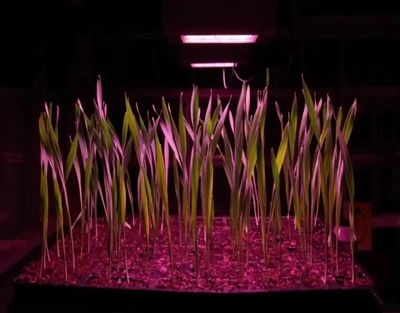
Speed Breeding Solutions for New users
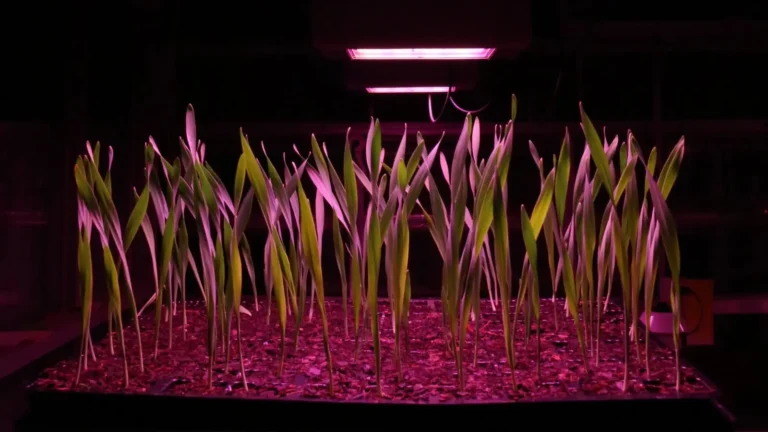
As we communicate with breeders who are interested in speed breeding, we receive numerous questions from them. Over the past six years, we have compiled a list of frequently asked questions (FAQs) from new users and provided our own answers. In this article, we have selected 26 important FAQs and provided brief answers. If you need more detailed information or have different questions, you can contact us at [email protected].
Start your speed breeding journey by exploring the questions and answers below.
1. What is speed breeding?
Speed breeding is an innovative technique that accelerates the generation of new plant varieties by manipulating environmental factors for rapid plant growth. It manipulates factor like Photoperiod, Intensity, Spectrum, Nutrients etc .
2 . How does speed breeding work?
Speed breeding is a plant breeding technique that uses controlled environmental conditions to accelerate the growth and development of plants. This can be done by manipulating the following factors:
• Light: Speed breeding plants are typically grown under long photoperiods (16-22
hours of light per day) and high light intensities. This stimulates the plants to grow and flower faster.
• Temperature: Speed breeding plants are typically grown at warm temperatures (20-25 degrees Celsius). This also helps to accelerate plant growth.
• Nutrients: Speed breeding plants are typically provided with a nutrient-rich growing medium. This ensures that the plants have the nutrients they need to grow quickly.
• Water: Speed breeding plants are typically watered regularly. This ensures that the plants have the water they need to grow quickly.
In addition to these environmental factors, speed breeding can also be facilitated by using immature seed for propagation. This allows the plant breeding cycle to be shortened by several generations
3. What are the advantages of speed breeding?
Following are the important advantages of speed breeding
– Accelerate breeding cycle
– Enhanced trait selection
– Faster adaptation to changing condition
– Increase agriculture productivity
4. What types of plants can be speed bred?
Theoretically we can breed all type of plant. Practically there are some limitations, as
research is not yet done on all crops
5. Speed breeding possible for short day plants? – Yes, you can refer this link – https://nexsel.tech/speed-breeding-of-a-short-day-crop-okra.php
6. How much faster is speed breeding compared to traditional breeding methods? – We can reduce up to 60% breeding time compared to traditional breeding methods.
7. What are the key environmental factors manipulated in speed breeding? – Following key environmental factors are manipulated,
• Photoperiod
• Light Intensity
• Light Spectrum
• Temperature
• Humidity
• Co2 Level
• Nutrients
8. Is speed breeding safe for plants?
Yes. It only speeds up the vegetative to reproductive shift in organogenesis of a plant to speed up seed to seed cycle. This is primarily because of increased heat units that plants absorb per day bringing about speed to flowering. In a way it mimics what happens to plants if they face any stress (like water stress or heat or diseases), plants tend to complete the life cycle quickly so that it makes its seed and hence survives for another generation. Since no mutagens are used in the process no genetic change is expected.
9. Does speed breeding affect the quality or characteristics of the plants?
Not genetically. It does phenotypically reduce the plant height because of increased heat units absorbed by the plant. By growing next gen in a normal climate it behaves normally.
10. Can speed breeding be used to breed genetically modified (GM) plants?
No. But Speed breeding can help transfer speedily a new GM event into a desired inbred or parent line of a hybrid through backcrossing. The GM event can be traced with a molecular marker and each backcross can be done in 60 or max 75 days (depending on crop & variety) so that once can go from BC 1 to BC 6 in a year. This would otherwise take 6 seasons of work or three year.
11. Are there any limitations or challenges associated with speed breeding?
Yes,
• Capital cost is more compared to traditional breeding
• Operating cost
• Many plants are not yet tested
• Not sure about how much percentage breeding time we can reduce
12.Speed breeding possible in polyhouse?
Yes, it’s possible and economical. But its more effective in grow chamber.
13. Are there any ethical concerns related to speed breeding?
No. Because plants, animals & we humans naturally also face climate changes in regular life cycles but don’t mutate because of that. Since no changes in the DNA of the plants is being carried out speed breeding does not evoke ethical concerns. Even a conservative Europe is agreeing to Speed Breeding (SB) as a acceptable strategy in breeding
14.Are the plants produced through speed breeding considered genetically modified organisms (GMOs)?
No. For reasons already explained above. No external genetic material is being introduced into the plants & hence NO.
15. Can speed breeding be used to breed crops with enhanced traits, such as increased yield or disease resistance?
Speed breeding per se doesn’t enhance traits. It only speeds up bringing new traits into cultivated species in a fast & secure manner. It only helps in delivering new traits to market speedily.
16. Are there any potential risks or unintended consequences associated with speed breeding?
No. The worst-case scenario can be that since we grow very large number of plants using this method (like F2 generation to F6 gen) natural mutation rates will still be expected. But since the resultant plants go through final screening for their phenotypic characters, any such odd plant either dies or gets rejected as it has no selection advantage. Hence no risk involved
17. What are some examples of successful applications of speed breeding?
• Wheat
• Okra
• Mustard
• Soyabean
18. Can speed breeding be used to improve the nutritional content of crops?
Not per se. Nutritional traits improvement or any other trait improvement requires to first select germplasm that have higher values. Then these are crossed to one’s elite inbreds/parent lines & then breeder decides whether he/she will follow a pedigree selection or a backcross method to transfer these new traits. Speed breeding helps cut short that transfer method by shorter seed to seed cycle .
19. Are there any specific conditions or requirements for setting up a speed breeding facility?
• No such condition required.
20. Can speed breeding help in the conservation of endangered plant species?
• SB is only a technique to speed up seed to seed cycle. For conservation of endangered plants, one needs to grow them under controlled conditions that help them survive and complete their life cycle.
21. Do you have demo unit for speed breeding?
• Yes , its in Pune Maharashtra, India.
22. Can we visit for demo unit?
• Yes, by appointment. You can reach to [email protected]
23. Can you provide a complete solution of speed breeding?
• Yes, we can.
24. Can we do speed breeding for plant like Cashew, Apple etc?
• Yes, its possible.
25. What is the approximate costing of speed breeding solution?
• It depends on area, type of plants.
26. Can you provide speed breeding service facility?
• No, not yet.
We hope that the provided answers to the 26 important FAQs about speed breeding have been helpful to you as a new user. Starting your speed breeding journey can be both exciting and challenging, but with the information we have shared, you are well-prepared to navigate this innovative technique. If you have more questions or need further assistance, do not hesitate to reach out to us at Nexsel.tech. We encourage you to embrace speed breeding and its potential to transform your breeding practices and boost your progress. Wishing you success and enjoyment in your speed breeding endeavours!
- Blog Categories
- Basic of Artificial Lighting for Plants
- Basic of grow Light
- Case Studies
- General Awareness
- Indoor Vertical Farming
- Medical Plant Research
- Online Tool
- Pitch Grow Light
- Plant Lighting Measurement
- Speed Breeding
- Supplemental Lighting
- Tissue Culture Grow Lights
- Indoor gardening
- LED Grow Lights
- Pharma Segment
- General
Shop Products
2Ft 9W Grow Light for Leafy Vegetables
₹317.00 – ₹546.00Price range: ₹317.00 through ₹546.00
4Ft 18W Grow Light for Saffron
₹465.00 – ₹810.00Price range: ₹465.00 through ₹810.00
Popular Products
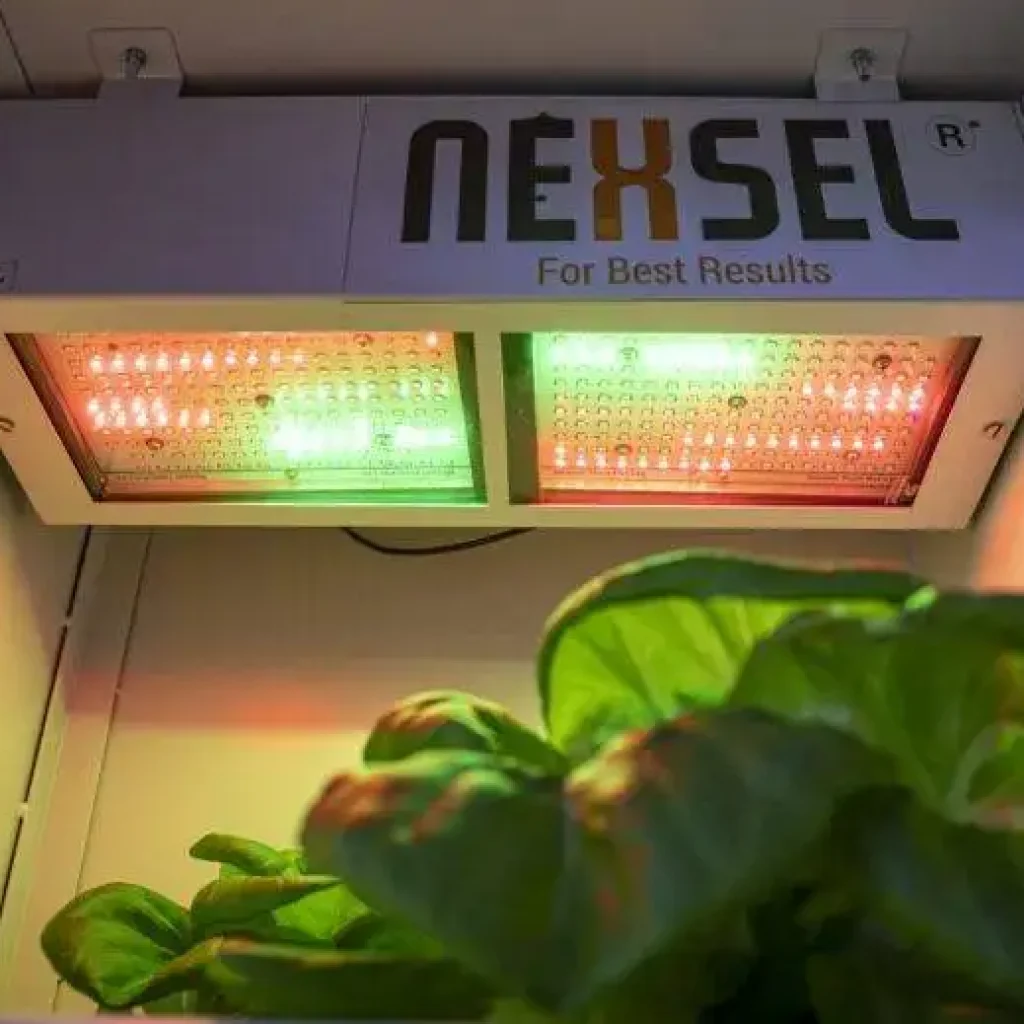
Enquire Now
Quick Link
Other Links
Design & Developed By VBTEK



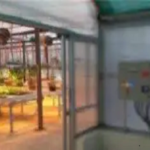

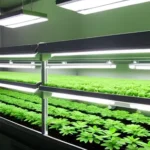

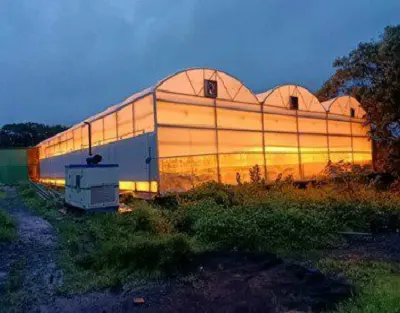
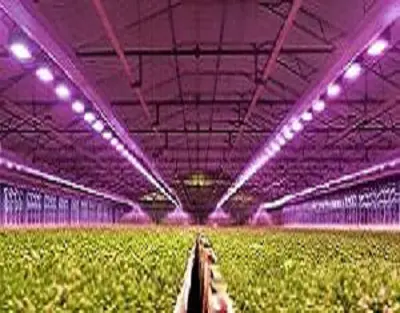
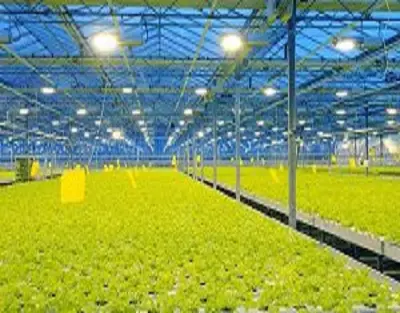

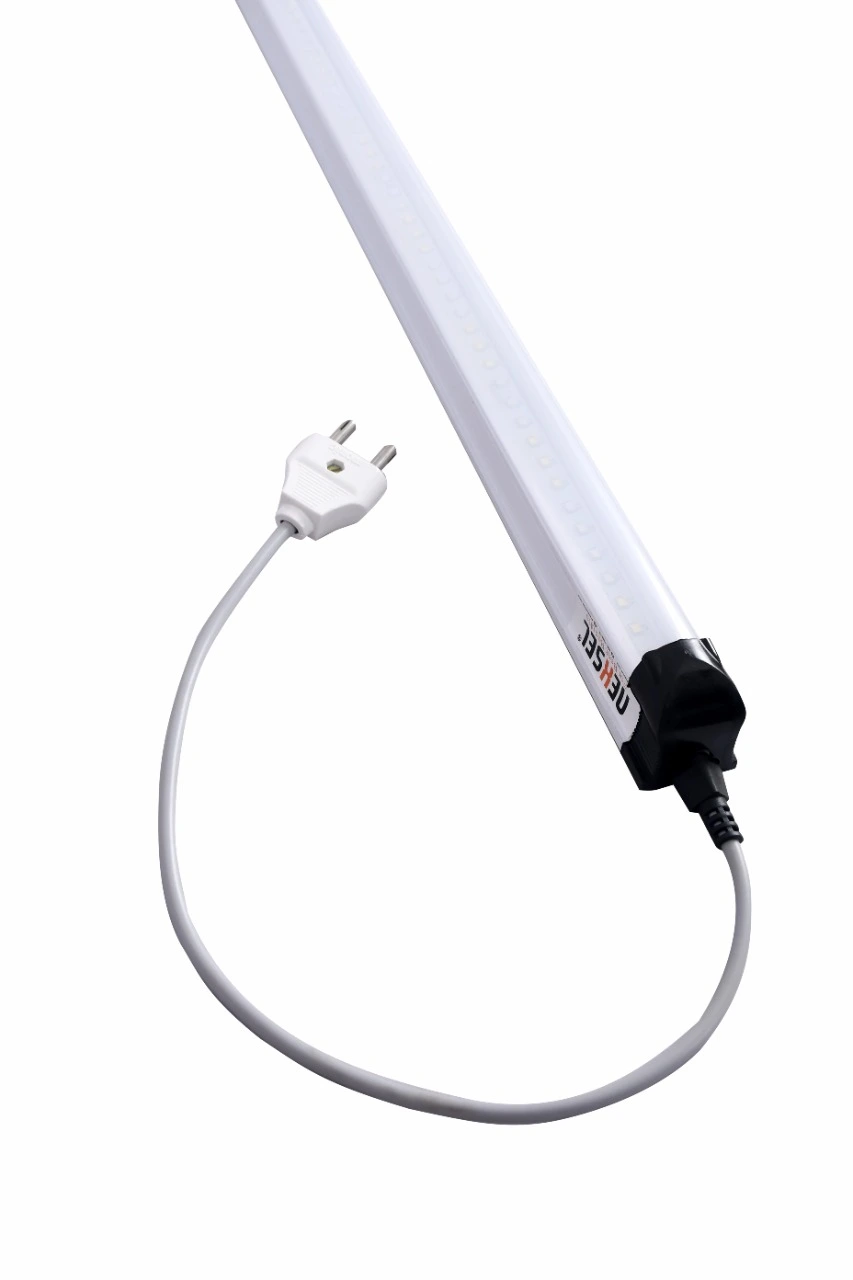
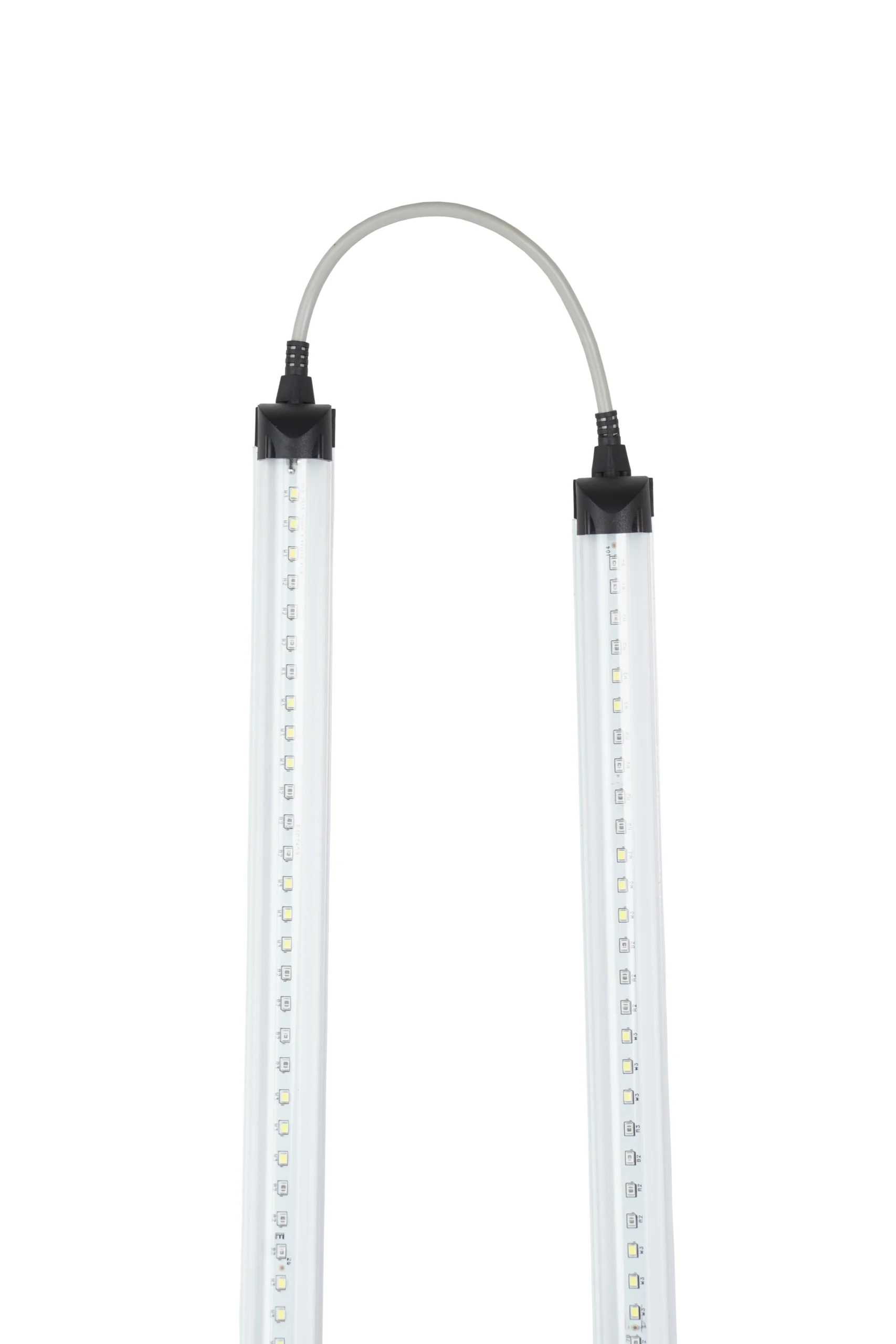
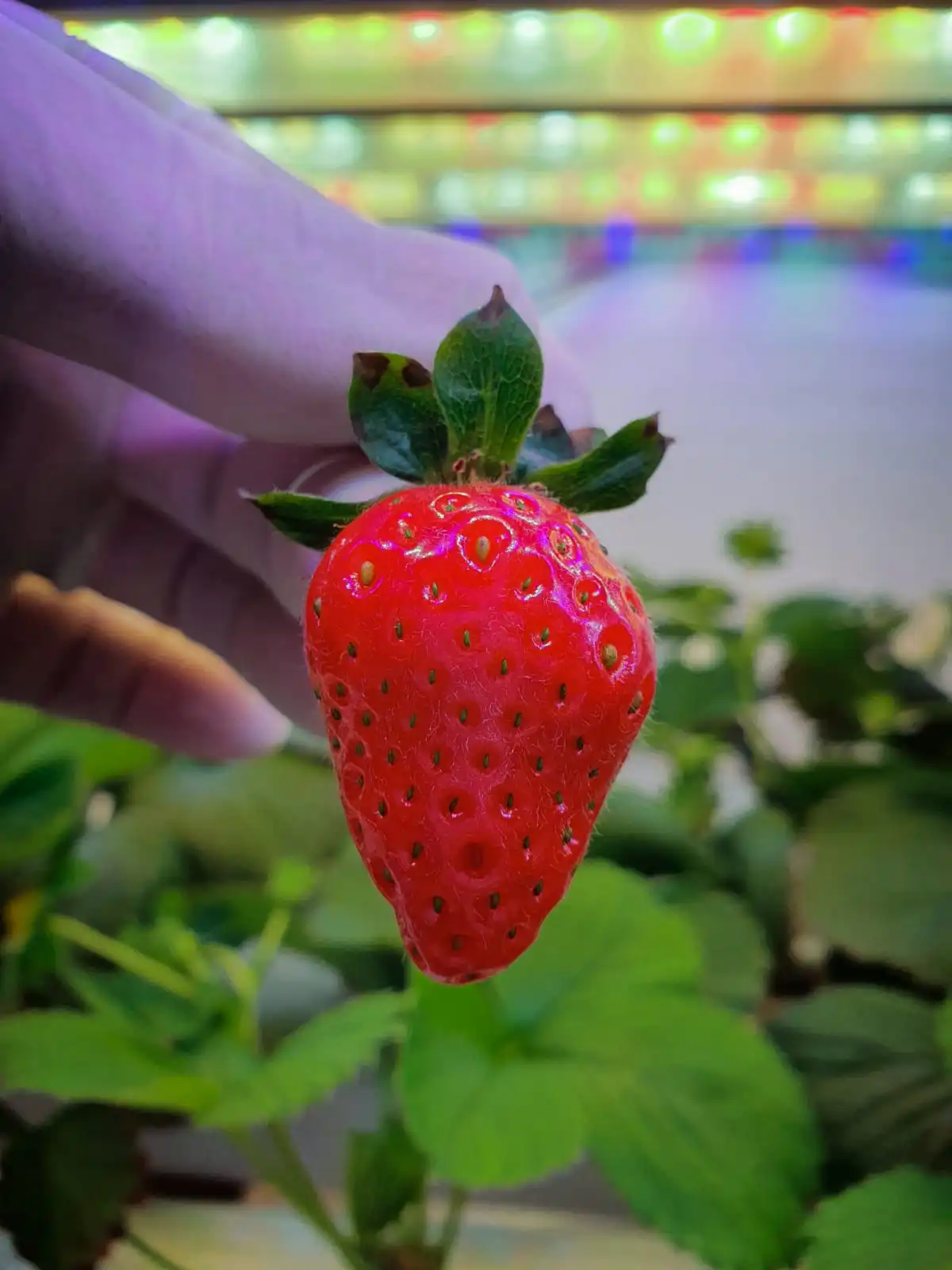
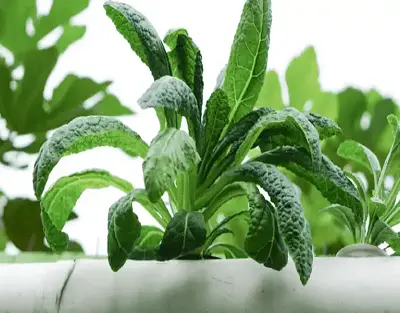
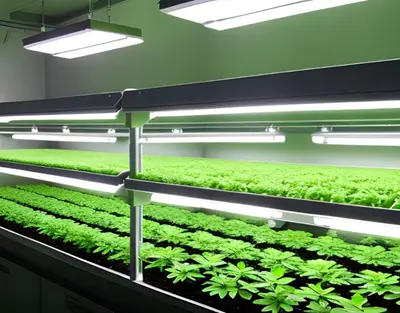

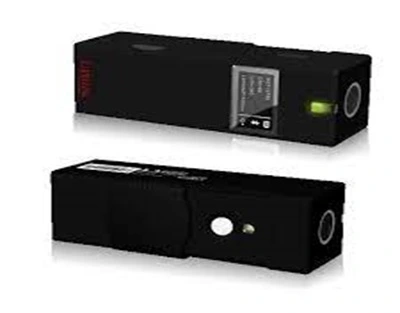
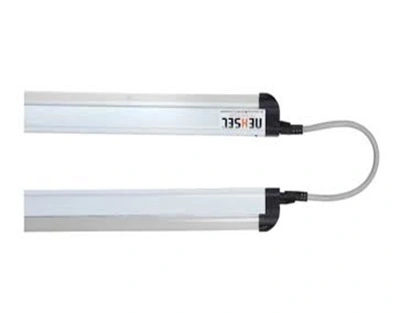

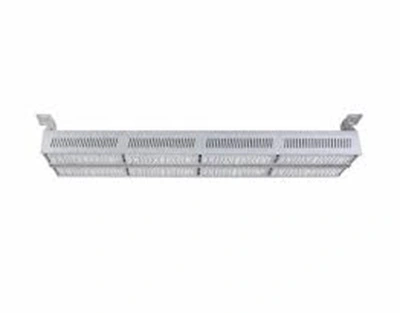

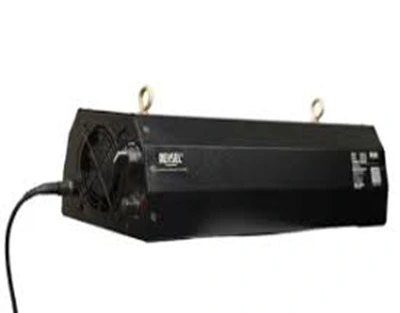
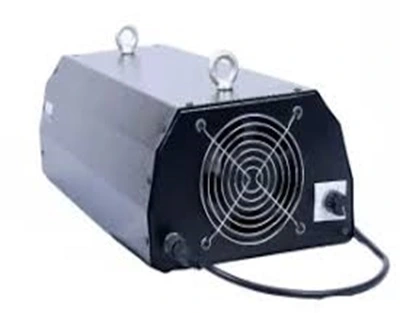
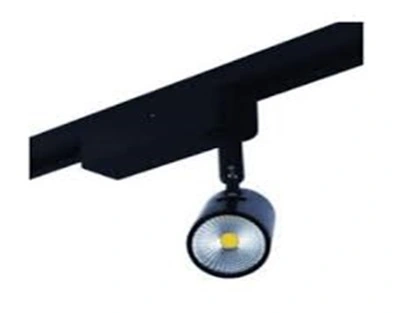
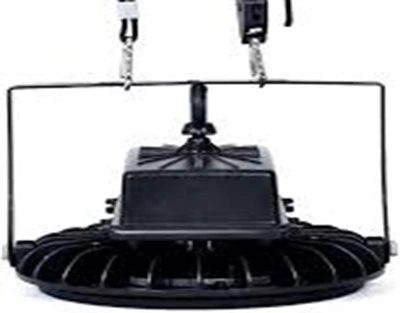
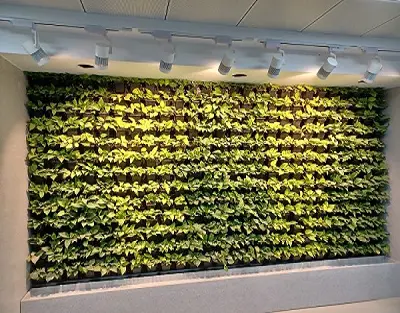
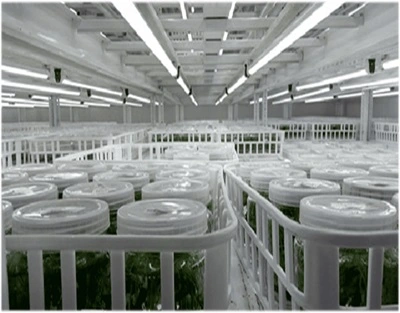
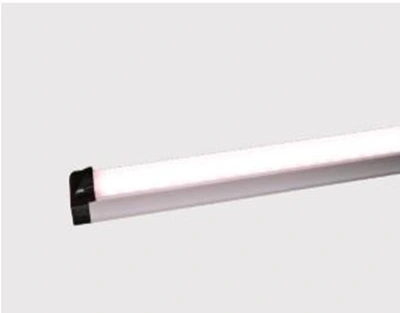

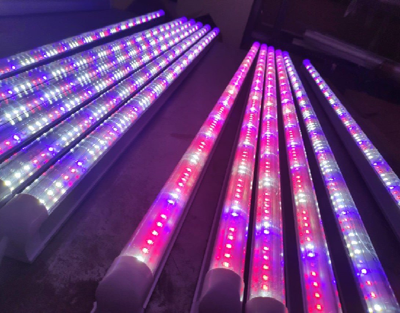

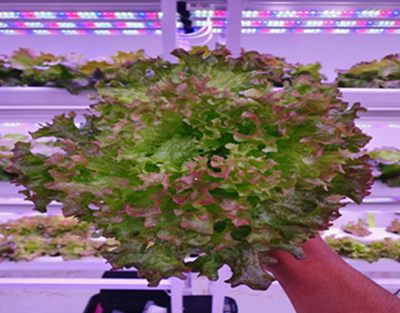
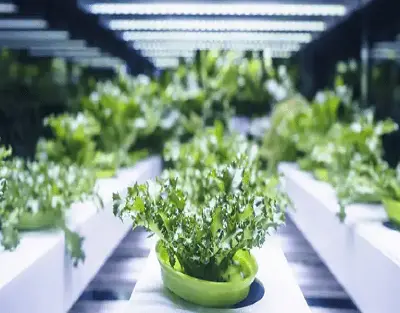



Leave A Comment